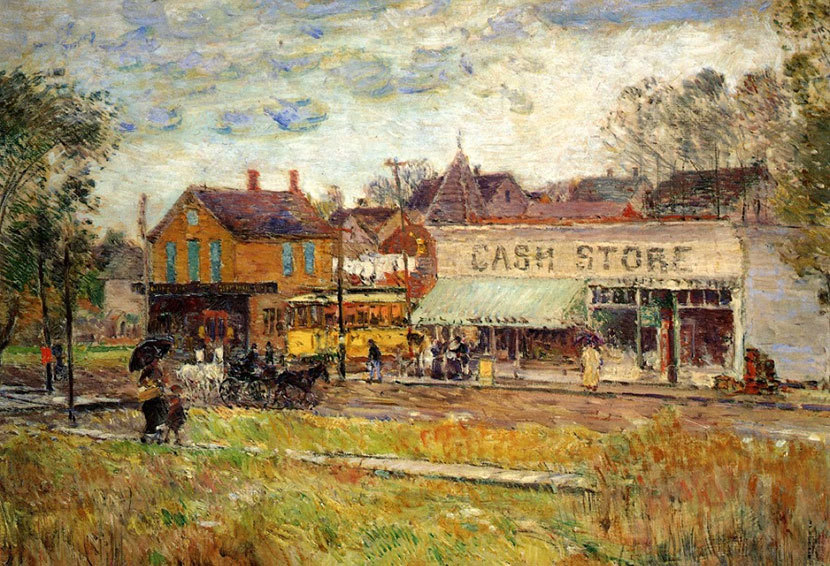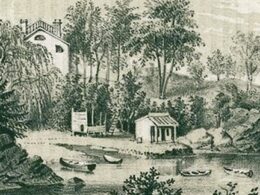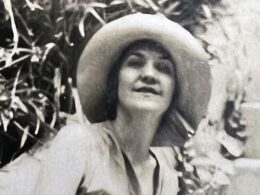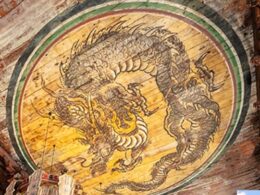Sherwood Anderson (1876–1941)
From Sherwood Anderson: Collected Stories

In 1918 a Chicago-based advertising agency received a letter that began: “Dear Barton: You have a man in your employ that I have thought for a long time should be fired. I refer to Sherwood Anderson. He is a fellow of a good deal of ability, but for a long time I have been convinced that his heart is not in his work.” The letter was actually sent by Sherwood Anderson, whose acclaimed short-story cycle Winesburg, Ohio would be published the following year. Today, September 13, will mark the 140th anniversary of his birth.
For the several years leading up to his success, Anderson’s heart really was “not in his work.” Instead, he had been working on dozens of short stories and several novels—at least two of which were never published. One of those unpublished novels was “unpublishable,” but Anderson worked on the other—Mary Cochran—for nearly a decade. Unlike Anderson’s other works in several respects, the novel features its eponymous heroine struggling to find independence in an early-twentieth-century Chicago milieu that encouraged young women to find husbands.
In the end, only two portions of the novel would see print, reconceived and completely revised as stories in the collection The Triumph of the Egg, his extraordinarily successful follow-up to Winesburg, Ohio. We present the better known of the two stories, “Unlighted Lamps,” as our Story of the Week selection.



